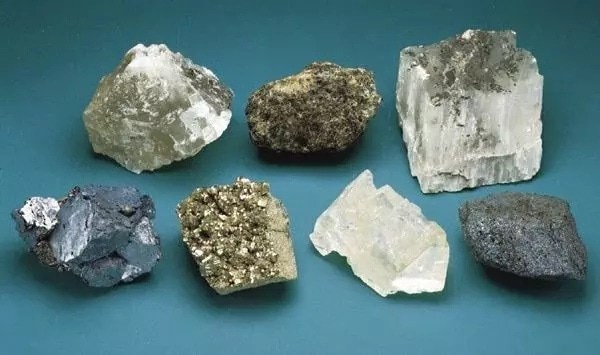The solid minerals sector contributed N69.47 billion to the Federation Account in 2018, the highest so far since the Nigeria Extractive Industries Transparency Initiative, NEITI commenced reconciliation of payments in the sector.
The figure shows an increase of N16.71 billion representing 31.67% over the 2017 revenue of N52.76 billion. The earnings in 2018 also accounted for 16.69% of the total revenues of N416.3billion that accrued to the sector from 2007 to 2018.
This information is contained in the latest audit report of the solid minerals sector released by the NEITI. The audit report reconciled companies payments and government’s receipts from the sector in 2018 as well as tracked production volumes and trends of revenues from the sector to the Federation Account from 2007 to 2018.
Also read: Key into Blue/green-collar jobs, Ngige tells Nigerian youths
Breakdown of the receipts showed that taxes to the Federal Inland Revenue Service, FIRS accounted for N65.69 billion representing 94.56% of the total earnings while fees and royalties paid to the Mines Inspectorate Department, MID and Mining Cadastre Office, MCO accounted for N2.21 billion representing 3.18% and N1.57 billion which is 2.26% respectively.
According to the NEITI report, “Nigeria has published eight cycles of solid minerals audit reports since it signed up to the EITI. The sector has contributed ₦416.32 billion in revenues to the Federation Account in 12 years. Over half of this figure or N279 billion was earned between 2015 and 2018”. This shows that there had been a remarkable increase in revenues accruing to the Federation Account from the solid minerals sector over the years.
The just released report further highlighted that the sector had over the years, also witnessed fluctuations in revenue earnings. For instance, in 2015, N64.46billion accrued to the Federation Account, while in 2016, the earnings dipped to N43.22billion. It will be recalled that 2016 was also the year that the Nigerian economy slid into recession.
On production, the NEITI 2018 Solid Minerals Report disclosed that 46.68 million metric tons of minerals valued at N47.87 billion were produced in Nigeria during the period. “The production data was based on minerals either used or sold during the year”.
A breakdown of the production volumes showed that limestone and granite accounted for about 80% of the total minerals produced. Limestone alone contributed 54.85% while granite accounted for 23.88% of minerals mined.
On state-by-state production, the report disclosed that in 2018, most of the mining activities in the country took place in Ogun State. The state accounted for 12.66 million metric tons representing 27.13% of the total volume produced during the period under review.
Ogun State was followed by Kogi and Benue States, each accounting for 22.88% and 10.10% respectively. However, on the bottom of the table are states like Enugu and Borno which contributed 0.02% and 0.001% respectively.
The report further revealed that 47 companies exported ores, concentrates and metal ingots worth $144.38 million in 2018. Ores and concentrates accounted for $34.02 million with China identified as the principal destination of Nigeria’s mineral exports. China received 52,500.51 metric tons of the ores and concentrates valued at $27,926,897.05 which is 79.52% of the total minerals exported in 2018.
The NEITI report also disclosed that Germany, South Korea, Poland, Spain, Belgium, the Netherlands and Benin Republic were other top destinations of Nigeria’s minerals.
The report added that in a bid to boost reserves and improve production in the sector, 634 exploration licenses were issued within the year under review. The country’s strategic minerals accounted for 448 or 70.66% of the exploration licenses issued.
Also read: 50 sub-standard schools shutdown in Abia State
On collections accruing to the solid mineral revenue account, the report disclosed that the balance in the account as at December 2018 was N12.59billion. “The sum of ₦16.78billion was the accumulated revenue from solid minerals sector as at 30th September 2019. Out of this amount, the sum of ₦8.7 billion was distributed among the three tiers of government in October 2019, leaving a balance of ₦8.08billion”, the report disclosed.
The report underlined the importance of a comprehensive action plan to shift attention from oil to the development of the solid minerals sector in the face of dwindling oil revenue. It also noted that there have been significant reforms and development in the sector. Among the many recommendations by the report is the call on the government to develop strategies for monitoring and penalising extractive companies that fail to sign and or implement community development agreements. It also advised that the newly introduced initiative on national gold purchase scheme be strengthened.








